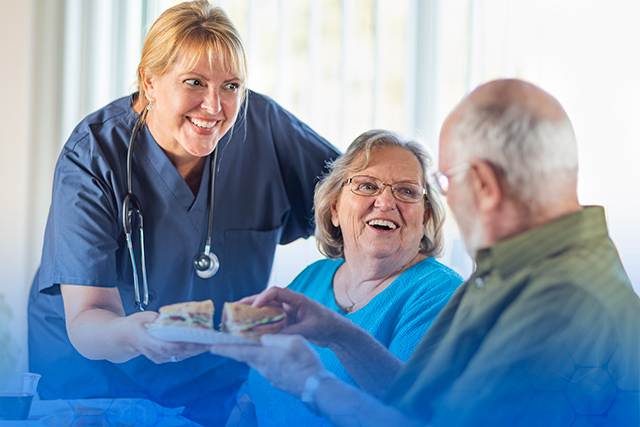Maryland Statewide Nutrition Assistance Equipment Program (SNAEP)
- Benefits By State Editor

The Maryland Department of Human Services (DHS) administers the Maryland Statewide Nutrition Assistance Equipment Program (SNAEP) which provides funding to organizations to buy commodities such as freezers, shelves, storage bins, stoves, cookware, boxes, and much more to store food. The aim is to provide appliances to these organizations like soup kitchens; food shelters so they can store the food for a longer time and in that way can increase its distribution and benefit more deserving people. It should be kept in mind that organizations that do not have a sound financial standing or have that offsets would be eligible for the program’s funds.
The main aim of the Maryland Statewide Nutrition Assistance Equipment Program (SNAEP) is to provide underprivileged families living on a fixed budget with an opportunity to improve their food quality. They add valuable nutrition to their diet by buying food that is healthy for them. This leads them to live a healthy and self-sufficient lifestyle subsequently increasing the quality of life of the people in the state of Maryland.
The food provider must fulfill certain criteria to be eligible to receive funding for the food from the Maryland Statewide Nutrition Assistance Equipment Program. The food provider should be a non-profit organization and should have been recognized as a non-charitable organization by the Internal Revenue Services (IRS). The food provider should also have a non-discrimination policy and a federal tax number to be able to participate in the SNAEP program.
The food provider organization should have proper management and should be financially stable to participate in the program. Along with that, the food provider needs to follow the program’s guidelines which include giving a report of how the funding was spent and submitting receipts of the food bought and the families served. The participants of the SNAEP program should also be able to show that they could match 50% of the requested fund.
The food provider should not ask for any payment for the food provided and have a person designed to provide a complete report. The food pantries or food shelter should have posting hours so that people know which time to visit. They should create awareness about the program so that people in need can come be benefited. The environment in which food is provided to the people should be clean and the food should be stored at a suitable temperature.
To get more information via phone contact the DHS office at the following number:
410-767-7412.
Also Read: Arizona Special Supplemental Nutrition Program for Women, Infants, and Children (WIC)

